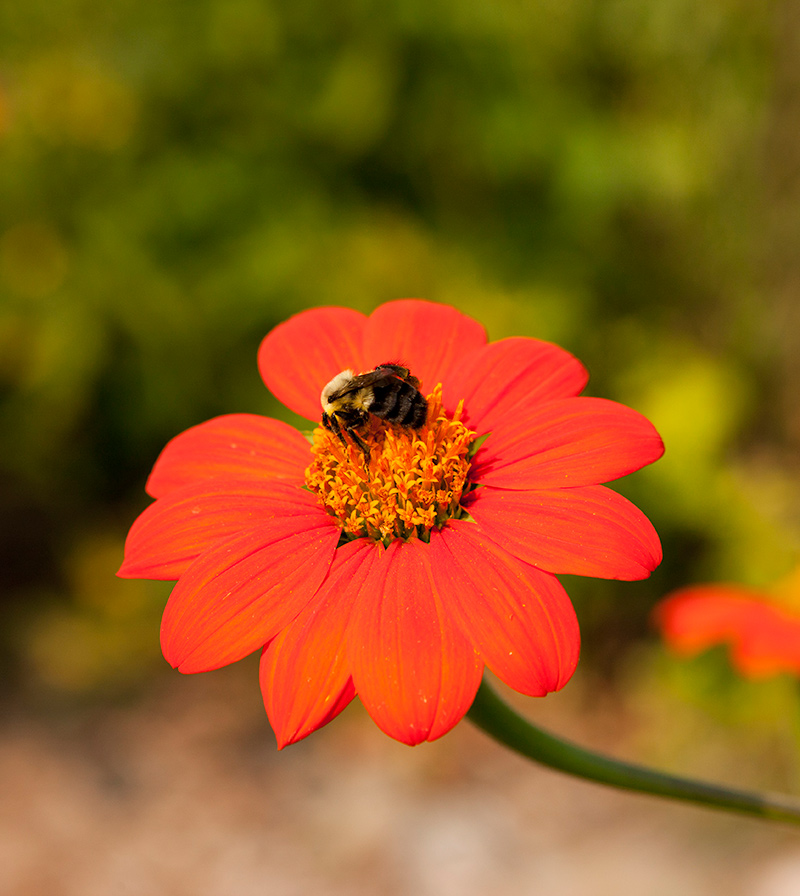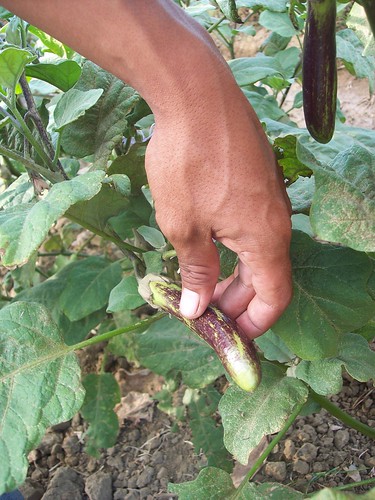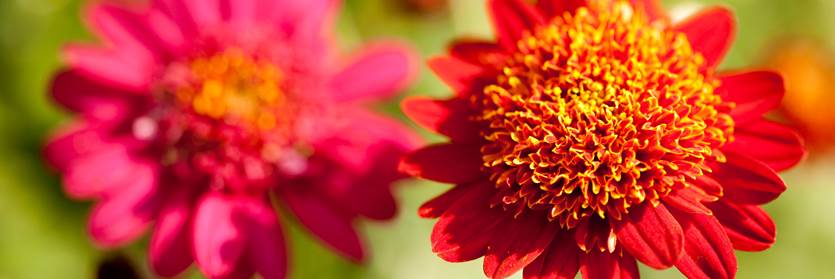Inside The New York Botanical Garden
Rachel Meyer
Posted in Programs and Events on September 18 2015, by Lansing Moore
 NYBG comes alive this weekend in a Garden-wide celebration of Mexican Independence. ¡Viva México! An Independence Day Celebration will honor Mexico’s heritage in the spirit of Frida Kahlo, the iconic artist and outspoken patriot of Mexico who is the subject of our current exhibition, FRIDA KAHLO: Art, Garden, Life. Alongside this blockbuster exhibition, visitors can enjoy an array of live performances and activities, with a particular highlight being the long-awaited poetry reading led by Rachel Eliza Griffiths this Saturday.
NYBG comes alive this weekend in a Garden-wide celebration of Mexican Independence. ¡Viva México! An Independence Day Celebration will honor Mexico’s heritage in the spirit of Frida Kahlo, the iconic artist and outspoken patriot of Mexico who is the subject of our current exhibition, FRIDA KAHLO: Art, Garden, Life. Alongside this blockbuster exhibition, visitors can enjoy an array of live performances and activities, with a particular highlight being the long-awaited poetry reading led by Rachel Eliza Griffiths this Saturday.
This weekend also features regular tours of the Garden’s collections and their seasonal beauty. The Peggy Rockefeller Rose Garden is especially vibrant as it enters the height of its fall color, so you won’t want to miss that during your wanderings—continue reading for the full schedule of events!
Read More
Posted in Exhibitions, Science, The Edible Garden on September 2 2009, by Plant Talk
NYBG Student Travels to Asia to Trace Eggplant’s Roots
 |
Rachel Meyer, a doctoral candidate at the Botanical Garden, specializes in the study of the eggplant’s domestication history and the diversity of culinary and health-beneficial qualities among heirloom eggplant varieties. She will hold informal conversations about her work at The Edible Garden‘s Café Scientifique on September 13. |
 The eggplant (Solanum spp.) may not seem like the world’s most exciting food crop at first thought, but its history and diversity are actually quite intriguing. The common name, “eggplant,” actually covers more than one species, whose size, shape, color, and flavor are remarkably different throughout the world.
The eggplant (Solanum spp.) may not seem like the world’s most exciting food crop at first thought, but its history and diversity are actually quite intriguing. The common name, “eggplant,” actually covers more than one species, whose size, shape, color, and flavor are remarkably different throughout the world.
People have grown eggplants for over 2,000 years in Asia, and it is thought that eggplants were used as medicine before being selected over time to become a food. Many present-day cultivars of eggplants still contain medicinally potent chemical compounds, including antioxidant, aromatic, and antihypertensive, some of which might be the same compounds responsible for flavor as well.
If we can unravel the history of the eggplant’s domestication and investigate the health-beneficial and gastronomic qualities of heirloom eggplant varieties, we can promote specific varieties that may be useful to small-scale farmers, practitioners of alternative medicine, and eggplant lovers around the world.
I spent seven weeks in China and the Philippines last winter exploring how different ethnic groups use local eggplant varieties. These regions in Asia are important, because scientists are still not sure where eggplants were first domesticated (that is, selected by people over generations for desirable qualities instead of just harvested from the wild). We know it was in tropical Asia, but the written record doesn’t go back far enough to provide more clues. For that reason I also collected wild relatives of eggplant that might be the ancestor of the domesticated crop.
Read More
 NYBG comes alive this weekend in a Garden-wide celebration of Mexican Independence. ¡Viva México! An Independence Day Celebration will honor Mexico’s heritage in the spirit of Frida Kahlo, the iconic artist and outspoken patriot of Mexico who is the subject of our current exhibition, FRIDA KAHLO: Art, Garden, Life. Alongside this blockbuster exhibition, visitors can enjoy an array of live performances and activities, with a particular highlight being the long-awaited poetry reading led by Rachel Eliza Griffiths this Saturday.
NYBG comes alive this weekend in a Garden-wide celebration of Mexican Independence. ¡Viva México! An Independence Day Celebration will honor Mexico’s heritage in the spirit of Frida Kahlo, the iconic artist and outspoken patriot of Mexico who is the subject of our current exhibition, FRIDA KAHLO: Art, Garden, Life. Alongside this blockbuster exhibition, visitors can enjoy an array of live performances and activities, with a particular highlight being the long-awaited poetry reading led by Rachel Eliza Griffiths this Saturday.

 The eggplant (Solanum spp.) may not seem like the world’s most exciting food crop at first thought, but its history and diversity are actually quite intriguing. The common name, “eggplant,” actually covers more than one species, whose size, shape, color, and flavor are remarkably different throughout the world.
The eggplant (Solanum spp.) may not seem like the world’s most exciting food crop at first thought, but its history and diversity are actually quite intriguing. The common name, “eggplant,” actually covers more than one species, whose size, shape, color, and flavor are remarkably different throughout the world.